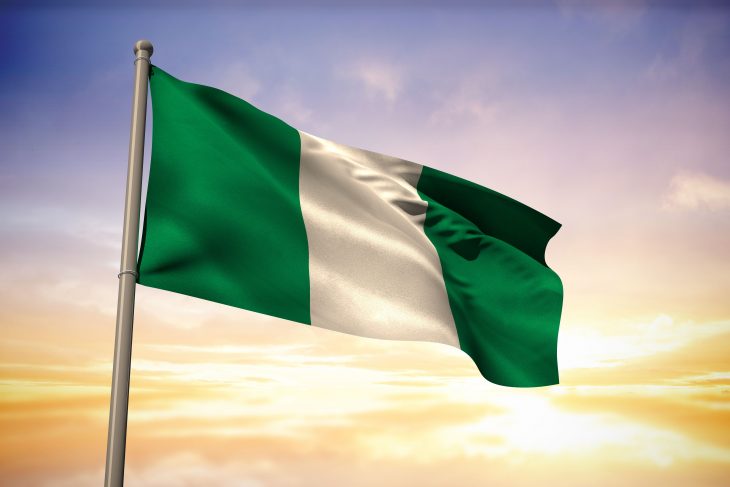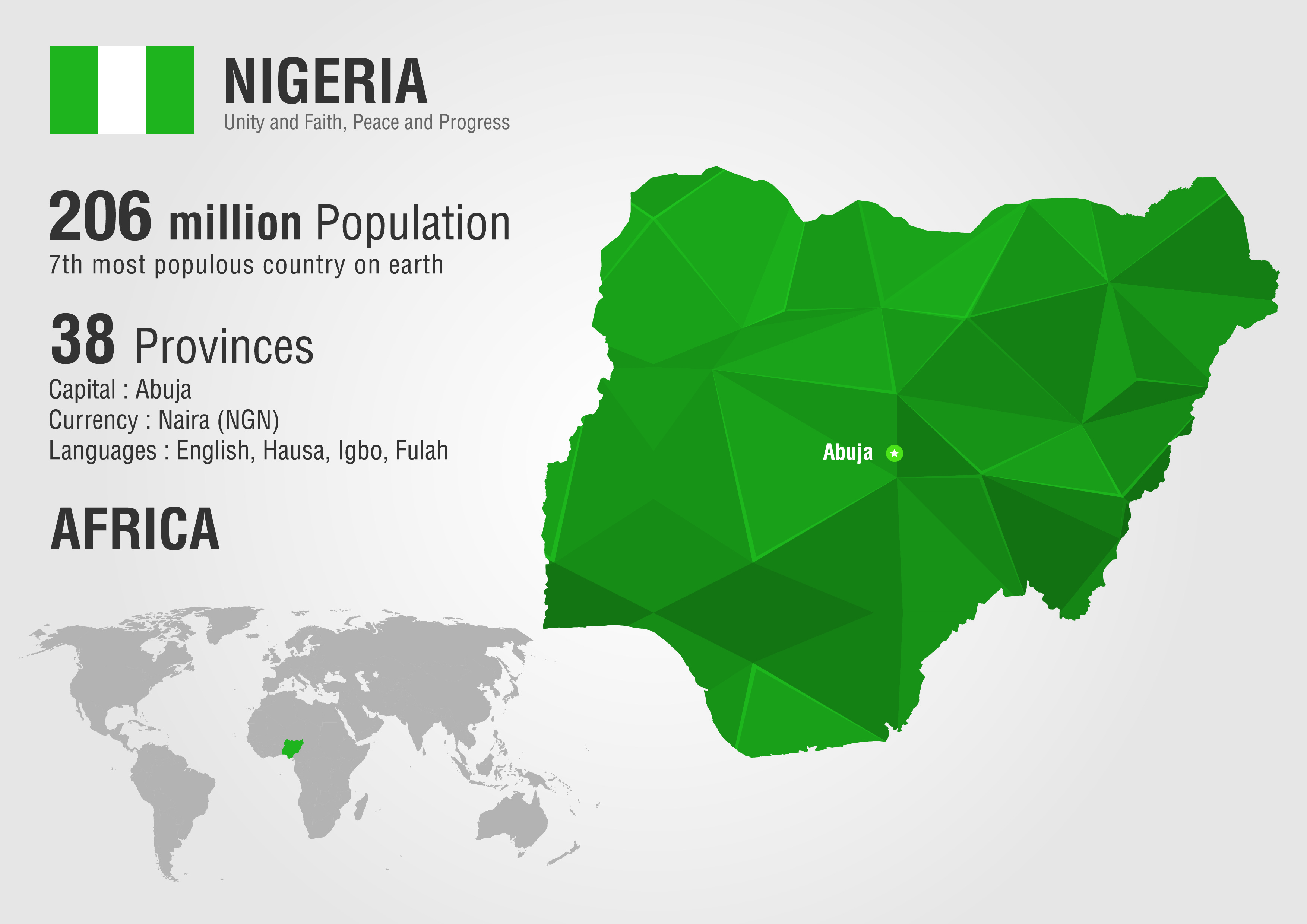
Located in West Africa, Nigeria today counts as one of the leading nations on the continent. It has one of the biggest and fastest-growing economies in Africa, and also has the most diverse people of any African country. At the same time, though, the country still struggles to get out of the shadow of its bloody history. Learn more with these 50 facts About Nigeria.

- With a population of 211 million people, Nigeria has the biggest population out of any country on the African continent.
- The country covers a total area of around 923,769 km².
- As a federal republic, Nigeria divides itself into 26 states plus its capital territory.
- Over 250 ethnic groups call Nigeria home.
- The country’s peoples also have over 500 different languages.
- Human civilization in Nigeria goes back to the 15th century BC, with the Nok culture.
- Islam arrived in Nigeria during the 7th century AD.
- Urban societies flourished in Nigeria by the 10th century.
- The Portuguese began trading with Nigeria in the 16th century.
- With the abolition of slavery in Europe by 1807, European powers intervened in Nigeria to stop the illegal taking of slaves.
- Britain steadily colonized Nigeria from the mid-19th century onward.
- Anti-colonial movements rose in Nigeria in the wake of WWII.
- Nigeria ultimately regained its independence from Britain in 1960.
- Civil war erupted in Nigeria from 1967 to 1970.
- Nigeria has endured political turmoil from the end of the civil war to the present day.
- Islam remains the dominant religion in Northern Nigeria.
- In contrast, Christianity dominates the religious stage in Southern Nigeria.
- With the largest economy in the continent, Nigeria has the nickname of the “Giant of Africa.”
- Nigeria falls in the GMT+1 time zone.
- The country helped found the African Union in 1999.
Was this page helpful?
Our commitment to delivering trustworthy and engaging content is at the heart of what we do. Each fact on our site is contributed by real users like you, bringing a wealth of diverse insights and information. To ensure the highest standards of accuracy and reliability, our dedicated editors meticulously review each submission. This process guarantees that the facts we share are not only fascinating but also credible. Trust in our commitment to quality and authenticity as you explore and learn with us.
